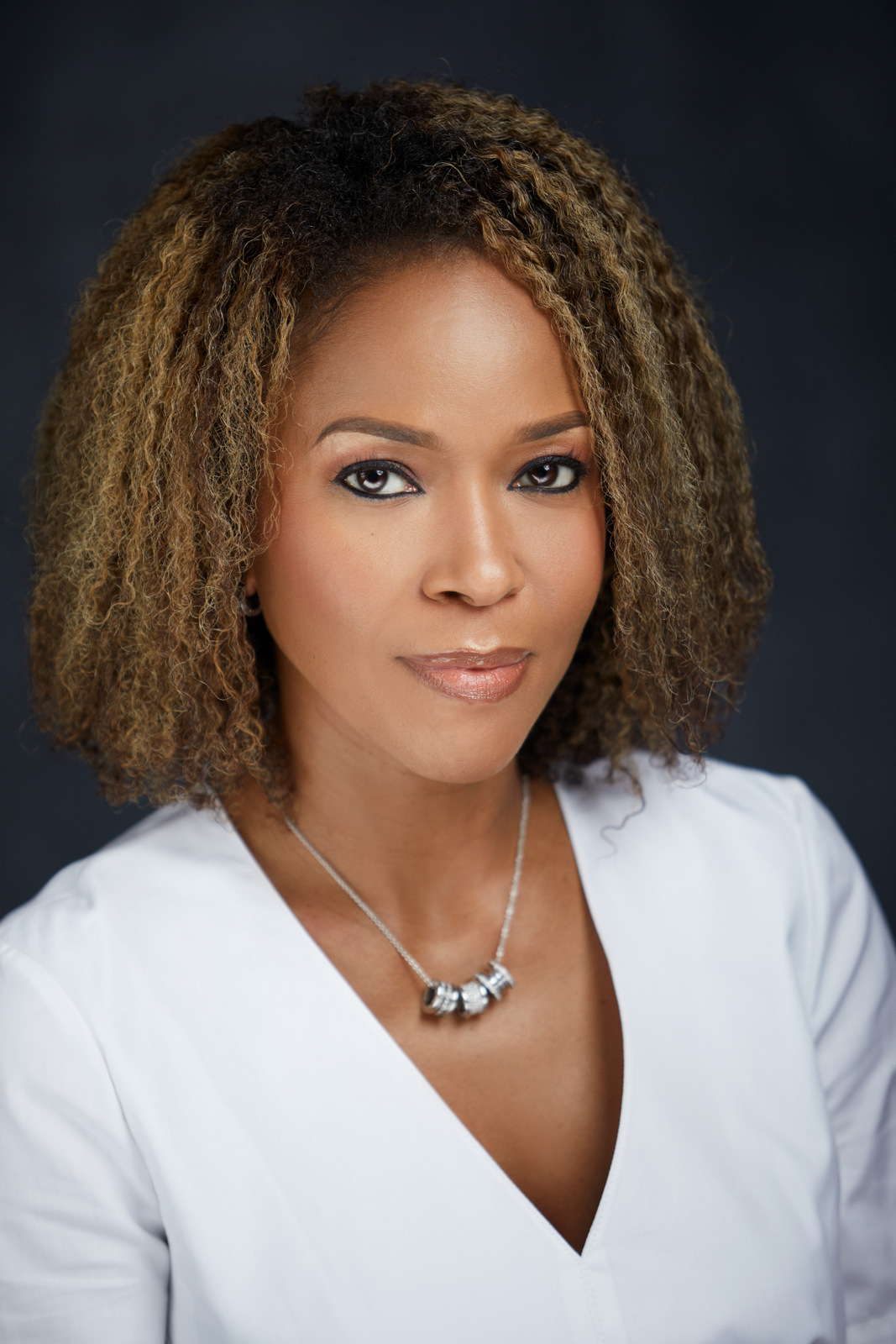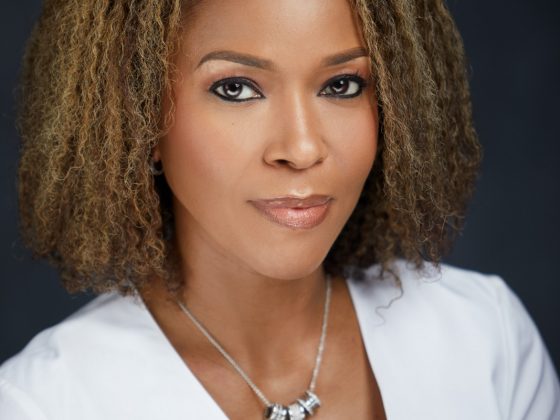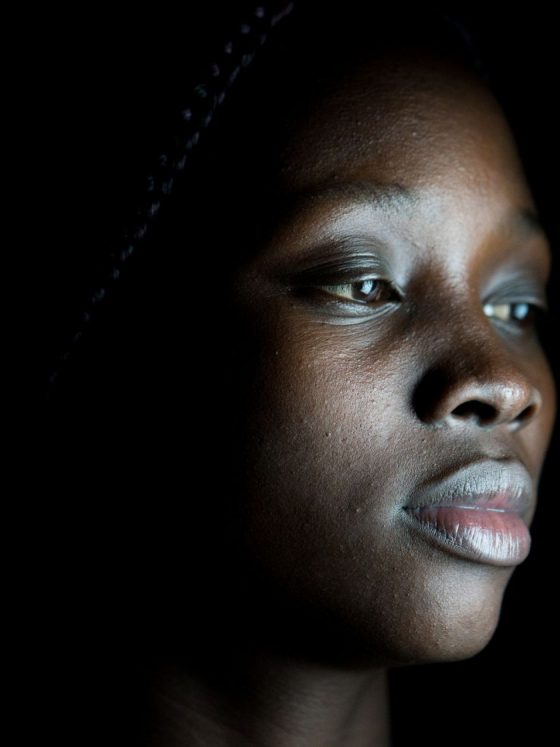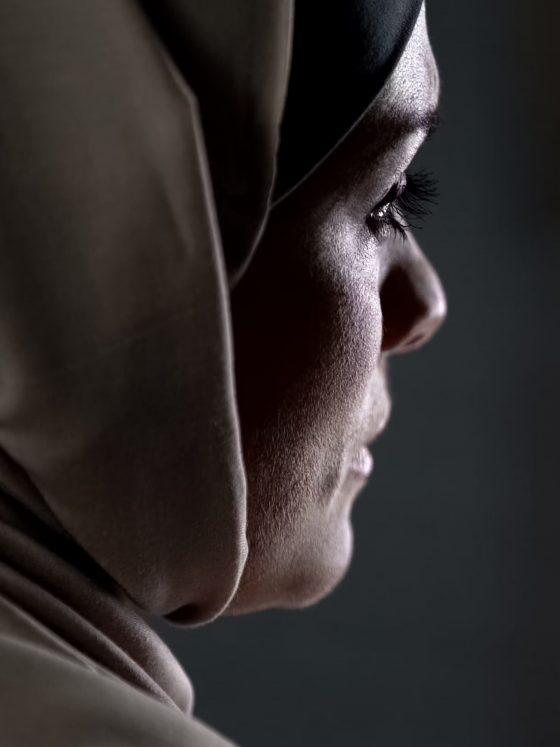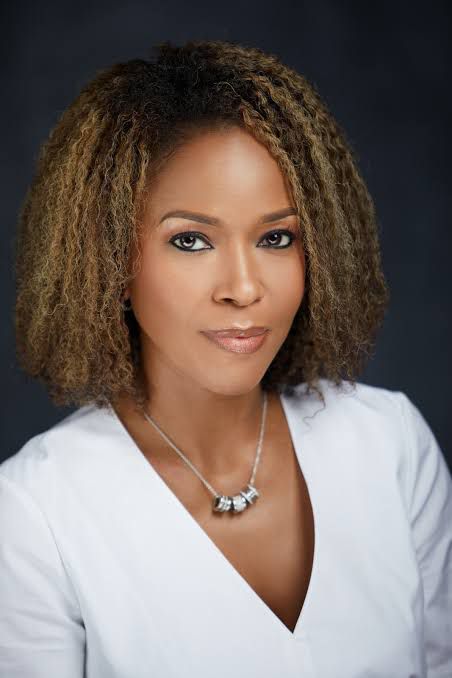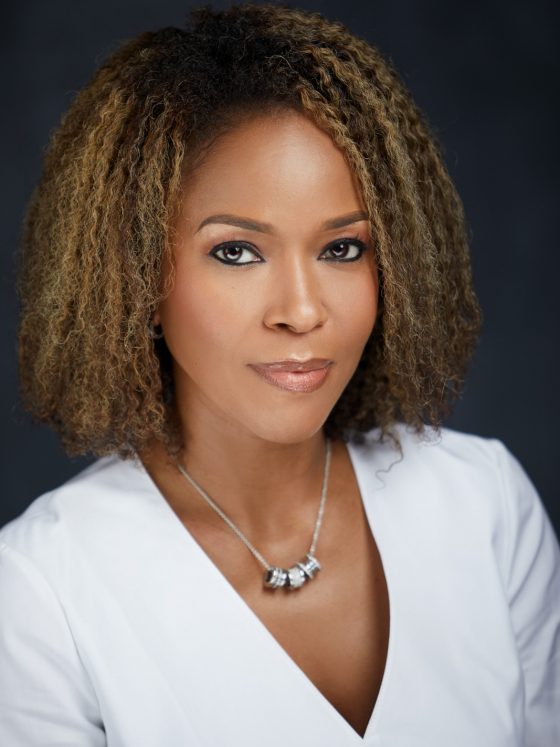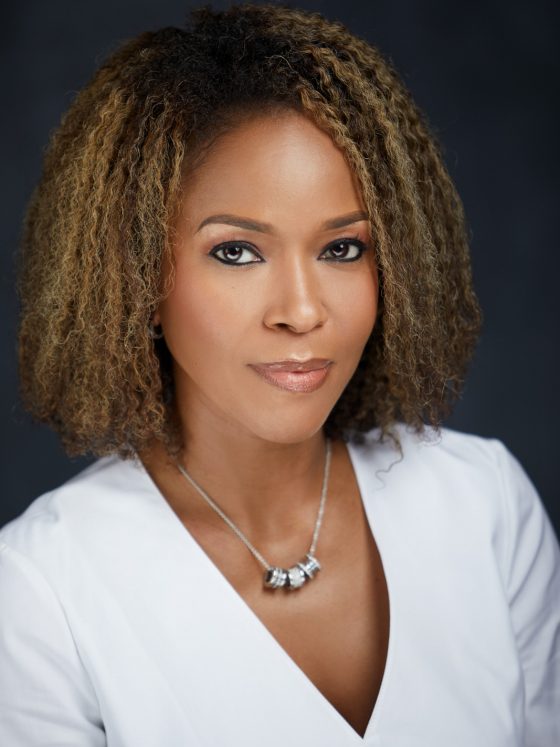Dear Reader,
Welcome to the WARIF Survivor Stories Series, a monthly feature where stories of survivors of rape and sexual violence are shared to motivate and encourage survivors to speak their truth without the fear of judgment or stigmatisation and to educate the public on the sheer magnitude of this problem in our society. The Women at Risk International Foundation (WARIF) is a non-profit organisation set up in response to the extremely high incidence of rape, sexual violence, and human trafficking of young girls and women in our society. WARIF is tackling this issue through a holistic approach that covers health, education, and community service initiatives.
WARIF aids survivors of rape and sexual violence through the WARIF Centre – a haven where trained professionals are present full time, six days a week, including public holidays, to offer immediate medical care, forensic medical examinations, psycho-social counselling, and welfare services, which include shelter, legal aid, and vocational skills training. These services are provided FREE of charge to any survivor who walks into the Centre.
From Survival to Triumph: Maria’s Story
After completing my National Youth Service in Lagos, I was fortunate enough to be retained at my workplace. This prompted me to move out of the corps lodges and rent an apartment close to my office. With the support of my parents, I secured a newly developed apartment.
My initial days in the new apartment were marked by a sense of unfamiliarity. I had only interacted with a few of my neighbours. One day, a power outage left my phone and other devices drained. I called the security guard for help with starting my generator. As I sat down to work on some documents from the office, I heard a knock at my door. Peeking through the peephole, I saw a young man standing outside. I cautiously opened the door and inquired about his purpose. He introduced himself as “Freddrick” and explained that he lived in the upstairs apartment. I recalled seeing him previously when he had offered me a ride to work, which I had declined due to my wariness of strangers.
Freddrick had come to ask if he could charge his phone since my generator was running. I agreed to help and allowed him into my apartment so he could make an important business call. During our brief interaction, he shared a bit about himself while I mostly listened. After some time, he asked for my phone number, which I gave him before excusing myself to continue working in my room.
However, not long after retreating to my room, I heard footsteps approaching. I looked up to see Freddrick entering my bedroom. Startled, I asked him why he was there, but before I could complete my sentence, he forcibly assaulted me. Despite my attempts to resist and call for help, he overpowered me, raped me, and threatened my life if I ever spoke of the incident. He claimed to be a member of a dangerous cult and warned against reporting the assault.
Frightened and in pain, I watched as he left, but not before locking the door behind him. Exhausted, hungry, and emotionally shaken, I managed to make a cup of tea and retreated to my bedroom, where I cried myself to sleep. I woke up on Sunday morning, unable to attend church due to my fear of leaving the apartment. I was plagued by migraines, flashbacks, and physical pain, with my body sore from the traumatic experience. I attempted to contact my office to inform them of my sickness but could only send an email. My broken phone screen prevented me from making calls or reaching out for help.
Concerned by my unresponsiveness to calls, my parents sent my younger brother to check on me. When he arrived and saw my condition, he decided to fix my phone screen. Upon repairing it, we discovered messages on my WhatsApp containing explicit videos and demands for two million naira from the perpetrator, threatening to share the videos with my contacts and on social media. My brother, in a fit of anger and concern, reached out to a senior police officer for assistance.
We reported the incident to the police, provided our statements, and were subsequently referred for medical evaluation, treatment, and psychological counselling at the WARIF CENTRE. The remarkable thing was that all the services at the centre were provided free of charge. The counsellor at the centre helped me understand that the assault was not my fault, restored my lost self-esteem, and taught me coping strategies to deal with trauma.
I also had the privilege of attending monthly group therapy sessions, which aided me in overcoming self-blame, anxiety, guilt, flashbacks, and insomnia. Meanwhile, the perpetrator was apprehended, and his associates were tracked down. Many other survivors came forward after his arrest, and he was eventually charged and sentenced.
It has been a year since the incident, and I can confidently say that I have regained my confidence. I recently obtained admission to pursue my master’s degree at a prestigious university abroad, and I was honoured as the employee of the year at a quarterly meeting in my organisation last month.
All these positive changes in my life would not have been possible without the support of WARIF and its dedicated staff. I am immensely grateful to the WARIF team and commend them for their invaluable work.
*The real name of the survivor was changed for confidentiality
Dear survivor, please know that you are not alone, and it is not your fault. Help is available. If you have been raped or know someone who has, please visit us at:
The WARIF Centre
6, Turton Street, off Thorburn Avenue, Sabo, Yaba.
or call our 24-hour confidential helpline on
0800-9210-0009
For questions or more information, please contact: info@warifng.org

